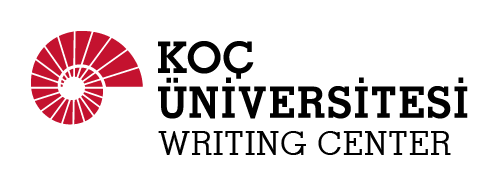Gülfer Göze
Office Number: SOS 129
Telephone Number: +90 212 338 1325
E-mail Address: ggoze@ku.edu.tr
Consultants
Biography - Gülfer Göze
Gülfer earned a BA in Western Languages and Literatures/Literature from Boğaziçi University in 2004, an MA in English Literature from Boğaziçi University in 2007, and a PhD. in English from Tufts University, expected in Fall 2018. She began teaching university-level writing courses and literature courses at Tufts University in Boston in 2008, where she was a PhD student and writing consultant. During her academic and professional career, she has presented papers and published articles and book reviews. She has been on both sides of the writing process as a teacher and writer, so she is aware of and takes into consideration the challenges that students face. As she believes that one of the main responsibilities of the university is to encourage critical thinking, she builds her courses around concepts such as the environment, injustices, gender inequality, racial issues, and poverty and class. Her areas of interest are: composition studies, writing in the disciplines, history of the book, paratext and the editorial process, African-American literature, the novel, gender studies, and environmental studies. She currently teaches ACWR 101 (Food for Thought). She emphasizes the value of analytical thinking and classroom discussion as indispensable elements in learning how to write. Good writing is first and foremost the result of an independent mind that can analyze a subject in the light of knowledge and personal experience. This process will enable students to build perspectives of their own, which they can utilize not only in their writing classes, but also in their daily lives. Gülfer has been the Director of the KU Writing Center since Fall 2018.
